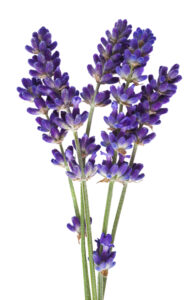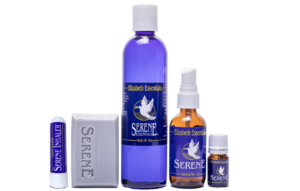
Mental and emotional care evokes many stigmas which prevents innumerable people from receiving the help and support they need. Taking care of your mental and emotional wellbeing is a critical aspect in leading a happy and healthy life.
Studies from the U.S. and the U.K. report that women are more likely to suffer from mental and emotional distress. The statistics vary depending on the diagnosis, i.e. women are nearly twice as likely to suffer from major depression than men. However, men and women are equally likely to develop bipolar disorder. In general, women tend to internalize while men usually externalize.
Unfortunately, a variety of genetic and environmental factors can be the cause of poor mental health: it might be linked to traits inherited from blood relatives, environmental exposures before birth or impaired brain chemistry. Figuring out the root cause of your distress is the first step to addressing the state of your mental health. Complications When ignored or left untreated, poor mental health can lead to severe emotional, behavioral and even physical health problems.
Complications may include:
 Unhappiness and diminished enjoyment of life
Unhappiness and diminished enjoyment of life- Family conflicts, relationship strain and social isolation
- Abuse of tobacco, alcohol, prescription drugs and other substances
- Difficulties related to work or school
- Legal and financial problems
- Self-harm and harm to others, including suicide and homicide
- Weakened immune system, undermining the body’s ability to fight infections
- Heart disease, diabetes, fibromyalgia and other chronic medical conditions
Prevention
Seek help when needed. Mental health conditions are more difficult to treat when symptoms are neglected. Long-term maintenance treatment may help prevent a recurrence of symptoms.
Diligent self-care. Sufficient sleep, healthy eating and regular physical activity are essential. Maintain a regular schedule. Talk to a health care provider if you have trouble sleeping or if you have questions about diet and physical activity.
Natural Remedies
Essential oils, homeopathy, herbal supplements and other natural approaches are all healthy options for prudent self-care. When searching for the right essential oil blend, look for oils with calming and uplifting properties. These beneficial oils include:
-
 Lavender: The ultimate multi-purpose essential oil. An antiseptic and anti-inflammatory, lavender helps with depression, heart palpitations, high blood pressure, nervous tension and hives. It also balances and calms, promoting physical and mental well-being.
Lavender: The ultimate multi-purpose essential oil. An antiseptic and anti-inflammatory, lavender helps with depression, heart palpitations, high blood pressure, nervous tension and hives. It also balances and calms, promoting physical and mental well-being.
- Frankincense: A potent essential oil that strengthens the immune system, helps prevent inflammation and alleviates depression, lifting the spirits and centering emotions. It acts on the limbic system (the center of emotions), hypothalamus, pineal and pituitary glands.
- Sandalwood: Used to combat depression, stress and insomnia. It has a reputation as an aphrodisiac, producing an exotic, sensual mood. Sandalwood stimulates the pineal gland and limbic system.
- Angelica: Known as the “holy spirit root” or “oil of the angels.” Emotionally calming and often found in spiritually-healing blends. It can help release negative feelings and bring forth memories formed before a traumatic event.
- Helichrysum: Helps to reduce acute pain, improve circulation, balance blood pressure and regenerate tissues and nerves. It can be uplifting to the subconscious.
- Patchouli: Sedating and calming, which makes it great for fighting depression and anxiety.



 Elizabeth Essentials Serene Collection
Elizabeth Essentials Serene Collection
Sorry, the comment form is closed at this time.